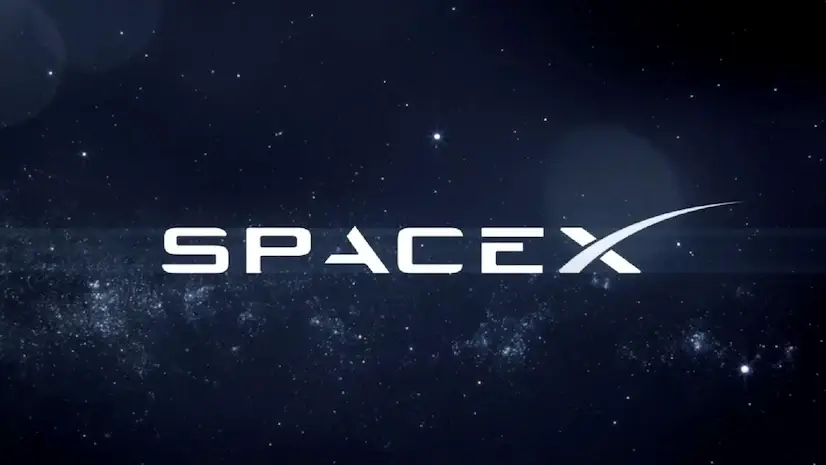SpaceX, under the leadership of Elon Musk, is facing increased scrutiny regarding its safety practices, with allegations of negligence potentially endangering missions. These concerns stem from reports of a high number of worker injuries, claims of a lax safety culture, and a recent lawsuit alleging negligence.
A Reuters investigation revealed at least 600 previously unreported worker injuries at SpaceX since 2014, including amputations, crushed limbs, electrocutions, head and eye injuries, and even one death. The report highlighted instances where employees allegedly used stimulants and IV fluids to endure extreme working conditions and meet Musk's ambitious deadlines. One former employee, Travis Carson, described SpaceX's approach to safety as "We'll let you decide what's safe for you," which he criticized as a "terrible approach to take in industrial environments".
Adding to the concerns, a recent lawsuit filed by the wife of a SpaceX worker who suffered a fractured skull during a 2022 rocket engine malfunction alleges negligence on the part of the company. The lawsuit claims the incident "illustrated systemic problems at SpaceX" and that management was repeatedly warned about the risks associated with accelerated engine development and insufficient personnel training. The injured worker remains in a coma.
These reports paint a picture of a workplace where safety may be compromised in the pursuit of rapid progress. Some employees have stated that they were told to prioritize the mission of getting humanity to Mars "as quickly as possible," even after raising workplace complaints. It has also been alleged that Musk himself discouraged employees from wearing standard-issue bright yellow safety vests because he dislikes bright colors.
Adding to the controversy, a former SpaceX supervisor, Robert Markert, filed a lawsuit claiming he was fired for reporting safety shortcomings. Markert alleges chronic understaffing, employees being forced to work extended periods without breaks, and the company skimping on vital training programs to save money. He claims his concerns were dismissed with the response that "the schedule comes first". Markert's complaint further alleges that SpaceX refused to revise a technical process that could "easily cause serious injury or death" because it was "more economical".
These allegations have drawn the attention of the Federal Aviation Administration (FAA). FAA Administrator Mike Whitaker stated that SpaceX needs to operate at the "highest level of safety" and defended a proposed fine against the company for violating agency rules. He also cited SpaceX's failure to disclose violations of Texas and federal law as contributing to delays in the Starship 5 launch.
SpaceX, in response, has defended its safety practices and commitment to safety in all operations. However, the FAA has previously fined SpaceX for failing to submit safety data. The agency has also heightened scrutiny on all companies.
The safety concerns at SpaceX raise questions about the balance between innovation, rapid development, and worker safety in the high-stakes environment of the space industry. These concerns could have far-reaching consequences, potentially impacting not only SpaceX but the entire industry, emphasizing the need for strict adherence to safety and health standards.

















